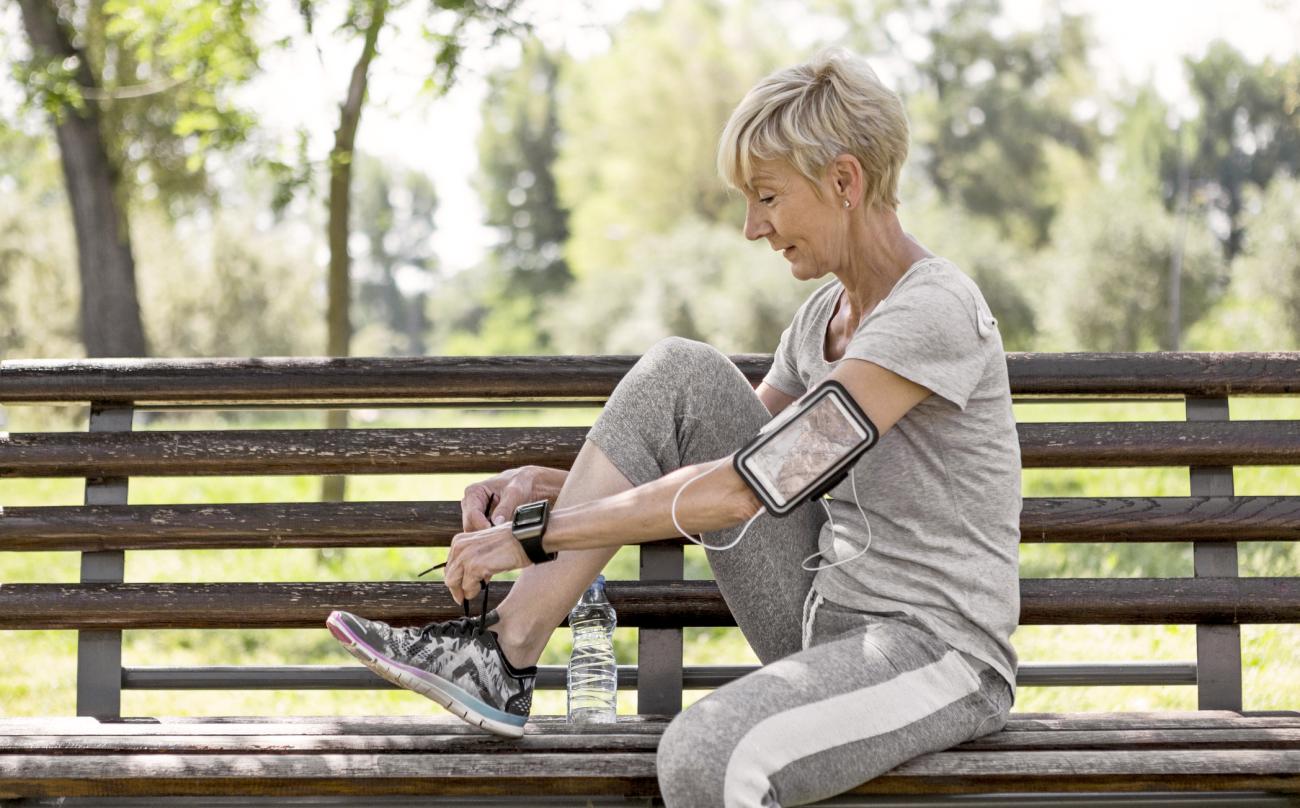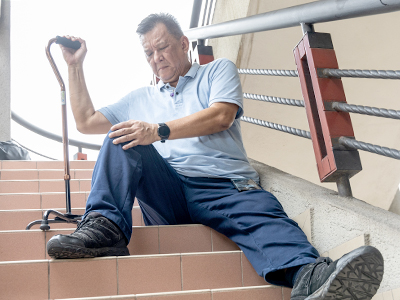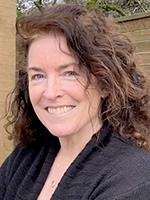
Our expert highlights how physical activity can help manage osteoarthritis and improve knee health.
Osteoarthritis (OA) is the most common form of arthritis, with the knee being the joint most frequently affected. While often associated with aging, OA can develop at any age. Vancouver Coastal Health Research Institute researcher Dr. Marie Westby clears up common misconceptions about OA and shares practical tips to reduce knee pain and maintain an active lifestyle.
Q: What is osteoarthritis, and how does it affect my knees?
A: OA is a progressive disease that can affect all parts of the joint, including the cartilage covering the ends of the bones, the underlying bone, ligaments and surrounding muscles. It occurs when your body can no longer keep up with the normal repair and restoration of damaged tissue in the joint. When OA affects the knee, it can make everyday activities like walking, squatting, climbing stairs and getting in and out of a bathtub more difficult.
Q: I’m experiencing knee pain — does that mean I have OA, or could it be something else?
A: Knee pain does not always mean you have OA. Aches, twinges or pain in our knees can arise from other causes, such as muscle or tendon strains, ligament sprain, meniscus injury or a poorly tracking kneecap. When your pain persists, worsens with walking or weight-bearing, or is accompanied by stiffness after periods of inactivity, it’s a good idea to consult your doctor.
Q: Does staying active and playing sports impact my risk of developing OA?
A: Playing most sports, including recreational long-distance running, does not inherently increase your risk of developing OA. In fact, regular physical activity can help reduce your risk by strengthening muscles, maintaining joint health, supporting a healthy weight and improving balance and coordination. However, high-intensity or repetitive activities in some high-performance sports can increase the risk of injury, which may lead to OA over time. Preventative measures like balanced training, proper coaching, sufficient recovery time and prompt attention to injuries can help lower your risk of long-term problems.
Q: Can OA lead to other joint problems or increase the risk of other health conditions?
A: OA is often associated with other chronic health conditions, thought it does not directly cause them. For example, there is a strong link between obesity and OA. Knee OA can cause pain and limit mobility, which might lead to a more sedentary lifestyle and, in turn, weight gain. The low-grade inflammation associated with obesity can also lead to other conditions like cardiovascular disease, metabolic syndrome and type 2 diabetes.
Q: If I have knee OA, will I inevitably need a knee replacement?
A: Only a small percentage of people with knee OA will require a total knee replacement. A 2019 study found the average lifetime risk of knee replacement for those diagnosed with OA was about 30 per cent, with this risk decreasing when OA is diagnosed later in life. Obesity was found to increase the likelihood of surgery.
Q: If I develop OA, how can I manage it to maintain a good quality of life?
A: There are many strategies to manage OA and maintain your quality of life. Break up long periods of sitting and prioritize physical activities that strengthen your thigh muscles, such as cycling or resistance training, while avoiding activities that put excessive strain on your knees. Strong muscles reduce joint stress, lower fall risks and help you recover quickly if you stumble. Research suggests even one or two strength-training sessions a week can help build and maintain muscle strength.

Q: What resources are available for those living with OA?
A: This clinician-developed resource can help you talk to your primary care provider or find local programs. The OsteoArthritis Service Integration System (OASIS) at Vancouver Coastal Health offers classes on topics like pain management, exercise and nutrition. These sessions are free, don’t require a referral and are open to all British Columbians.
The Mary Pack Arthritis Program also provides information on living with arthritis, including tips for exercise, rehabilitation and managing OA effectively.



